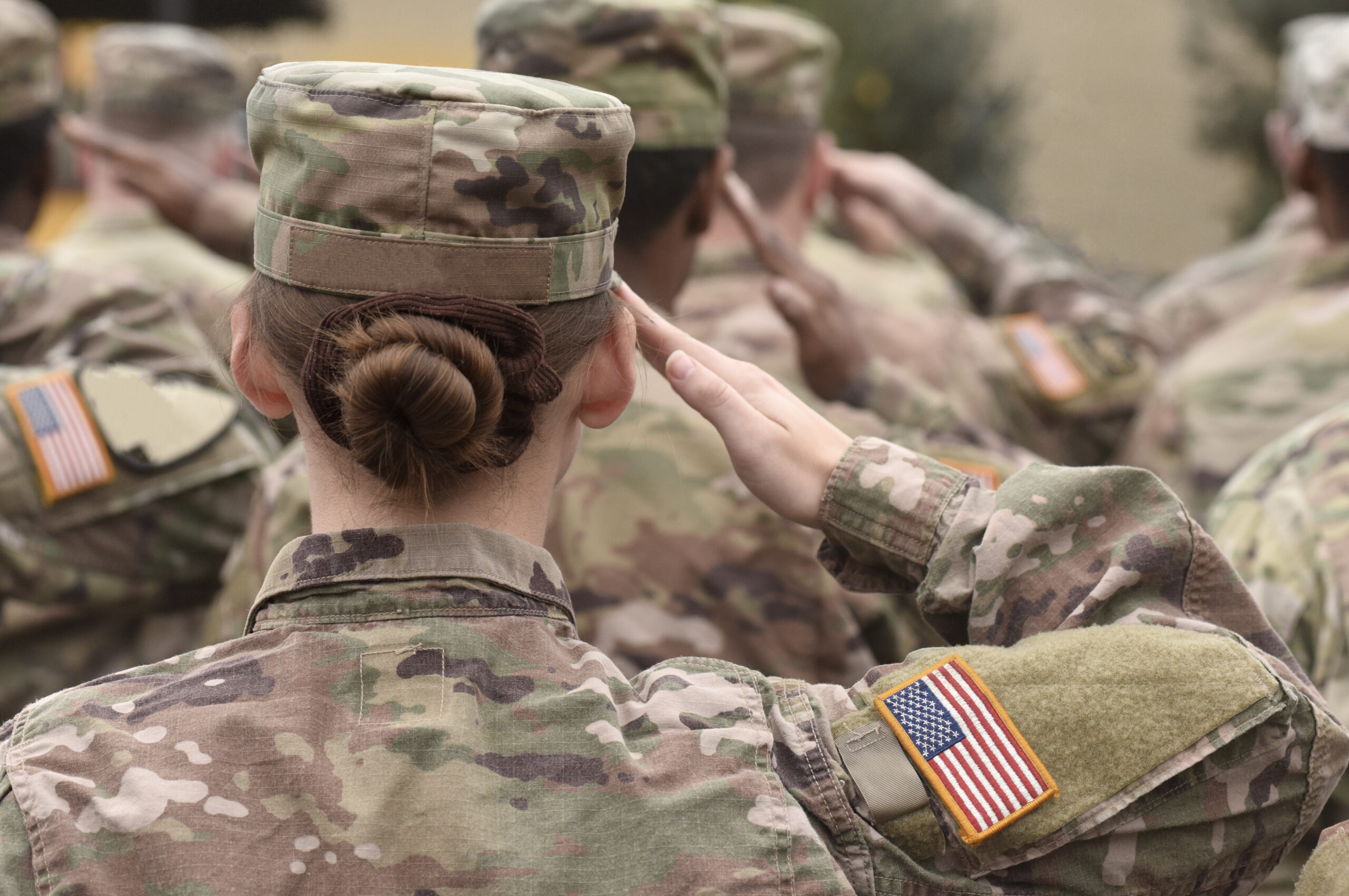Connect with us
Published
1 year agoon

The Weed for Warriors Project gave back last Saturday. In partnership with Perfect Union’s Marysville, Washington location, the advocacy group and vendors planned to give away $5,000 worth of “free cannabis products” to veterans suffering from post-traumatic stress disorder (PTSD) and other “service-related health concerns,” according to a Yahoo! News report.
The event took place on Saturday, March 18 from 9 a.m. to noon. According to Angelica Sanchez, senior director of Government Affairs & Compliance with Perfect Union, veterans were required to provide hard copy proof of service, state ID and current medical recommendation to receive free cannabis.
Sanchez also said that this was Perfect Union’s third event with the Weed for Warriors Project, but the first collaboration hosted at its Marysville location.
The Weed for Warriors Project was founded in 2014, “supporting holistic rehabilitation for veterans through community-based projects, proactive care advocacy, cannabis education and compassion. WFWP urges change for the empowerment of the people,” according to its website.
Officials in the U.S. Department of Veterans Affairs have acknowledged that some veterans use cannabis to relieve symptoms of PTSD and that “several states specifically approve the use of medical cannabis for PTSD.” Though, the department also says that “research to date does not support cannabis as an effective PTSD treatment, and some studies suggest cannabis can be harmful, particularly when used for long periods of time. Given these concerns, cannabis is not recommended for the treatment of PTSD.”
The U.S. Department of Veterans Affairs attests that the belief that cannabis can be used to treat PTSD is primarily based on anecdotal evidence from people with PTSD and that randomized controlled trials are needed to test the use of cannabis for PTSD treatments.
A 2019 study published in the Journal of Psychiatry and Neuroscience more clarifies that “considerable research” in animals points to the benefits of cannabinoids in treating PTSD, though legal restrictions have limited the evaluation of medical cannabis use in humans.
The limited research in humans still suggests that cannabis can improve certain features of PTSD, though these studies had a small number of participants, didn’t distinguish between conditions that promoted PTSD and didn’t consider the time at which the disorder was treated versus when the trauma was actually experienced.
“Nonetheless, the preclinical studies, together with the few clinical studies reported, support further detailed investigation into the use of cannabinoids in the treatment of PTSD … It is unfortunate that research pertaining to cannabis safety and efficacy for various illnesses has not kept pace with social reforms concerning its use.” the authors conclude.
According to Veterans of Foreign Wars, the first FDA-regulated study, which released results on March 17, 2021, also found that cannabis users reported a greater decrease in the severity of their PTSD symptoms. The outlet reported that they were also more than 2.5 times as likely to no longer meet the diagnostic criteria for PTSD as those who did not use cannabis.
Mallory Loflin, a co-author of the paper and volunteer assistant professor of psychiatry at the UC San Diego School of Medicine, added that “one of the biggest takeaways from this study is that veterans with PTSD can use cannabis at self-managed doses, at least in the short term, and not experience a plethora of side effects or a worsening of symptoms.”
As science continues to catch up with the possibilities surrounding cannabis and PTSD, new research is also looking into the potential for psychedelics to assist veterans. Earlier this year, nonprofit Heroic Hearts Project partnered with psychedelic retreats and healthcare company Beckley Retreats and Imperial College London’s Centre for Psychedelic Research in a new effort to advance research on the use of psychedelics for veterans suffering from traumatic brain injuries.
According to North Carolina Public Radio, the Department of Veterans Affairs is now participating in at least five trials of drugs in New York, California and Oregon.


Study Reveals State Cannabis Legalization Lowers Immigrant Deportation


DEA Challenges Bid To Use Psilocybin Under ‘Right To Try’ Legislation


Vegans Rejoice as Farmers Switch from Chickens to Hemp


Louisiana Legislative Committee Unanimously Passes Adult-Use Cannabis Framework Bill


Louisiana House Bill to Regulate Hemp Products Advances Along With Senate Bill to Ban


Cresco Labs Workers Reportedly De-Unionize
